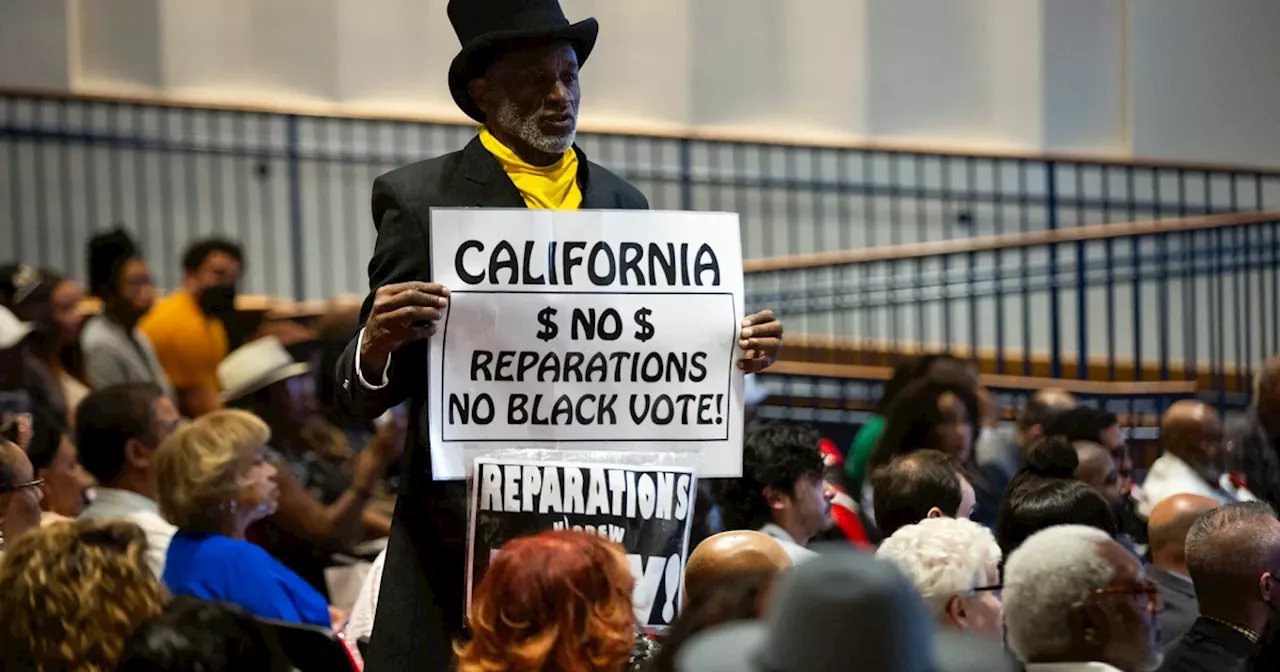More than 31,000 registered nurses and health care professionals employed by Kaiser Permanente in California and Hawaii concluded a five-day strike on Sunday. The protest was organized by the United Nurses Associations of California/Union of Health Care Professionals (UNAC/UHCP) and aimed to address critical issues such as unsafe staffing practices and wage disparities.
As the strike ended, UNAC/UHCP officials announced that contract negotiations would resume in the coming weeks. This decision follows the recent release of new staffing standards by The Joint Commission, which advocates for patient safety and aims to reshape the negotiation landscape. According to the UNAC/UHCP, these standards elevate safe staffing from a mere employer choice to a mandated patient safety requirement.
Charmaine S. Morales, President of UNAC/UHCP, emphasized the importance of these standards, stating, “The Joint Commission has finally said what nurses have known all along: unsafe staffing is unsafe care. Employers like Kaiser can no longer treat staffing like a budget line. It’s now a national patient safety mandate — and UNAC/UHCP will make sure it’s enforced.”
In light of the strike, on October 17, 2025, Kaiser Permanente’s Southern California Region announced plans to resume bargaining on October 22-23. The health care provider acknowledged that while staffing is a significant issue, wages remain a central focus of the negotiations.
Kaiser representatives expressed their commitment to reaching an agreement that would not only provide substantial wage increases but also enhance medical plans and retiree benefits, all while ensuring the delivery of high-quality care at affordable rates.
The culmination of this strike reflects a broader concern among health care professionals regarding working conditions and patient safety. Both parties are expected to navigate these complex issues as they prepare to re-enter discussions, with the goal of finding a resolution that addresses the needs of both caregivers and patients alike.
With the conclusion of the strike, many Kaiser employees hope that the renewed negotiations will lead to constructive outcomes that prioritize both fair compensation and safe working environments. The developments in the coming weeks will be closely monitored by those within the health care sector and the communities they serve.







